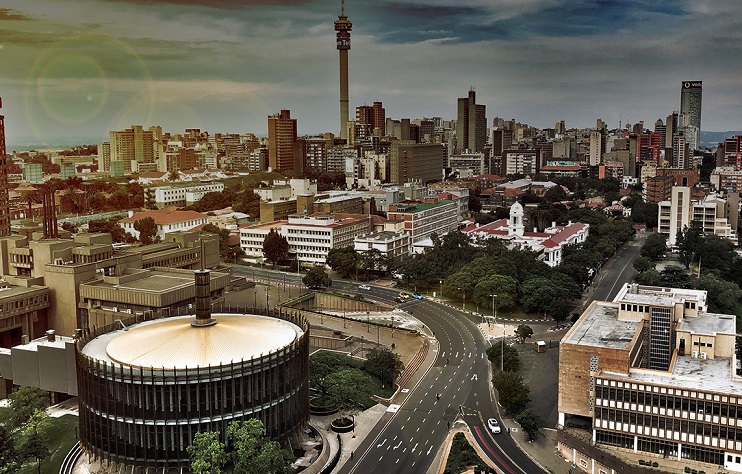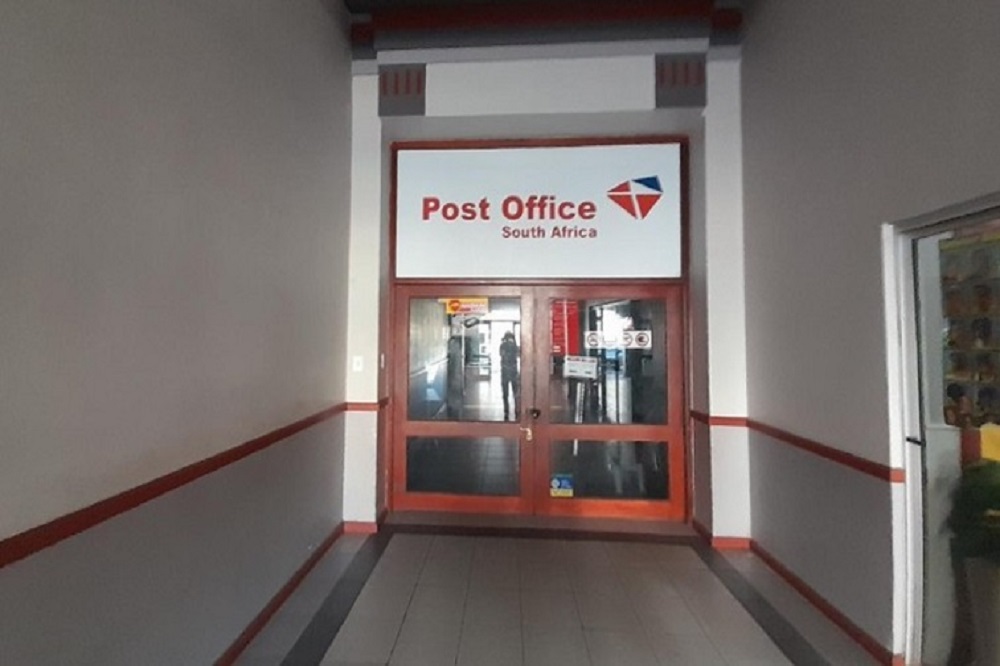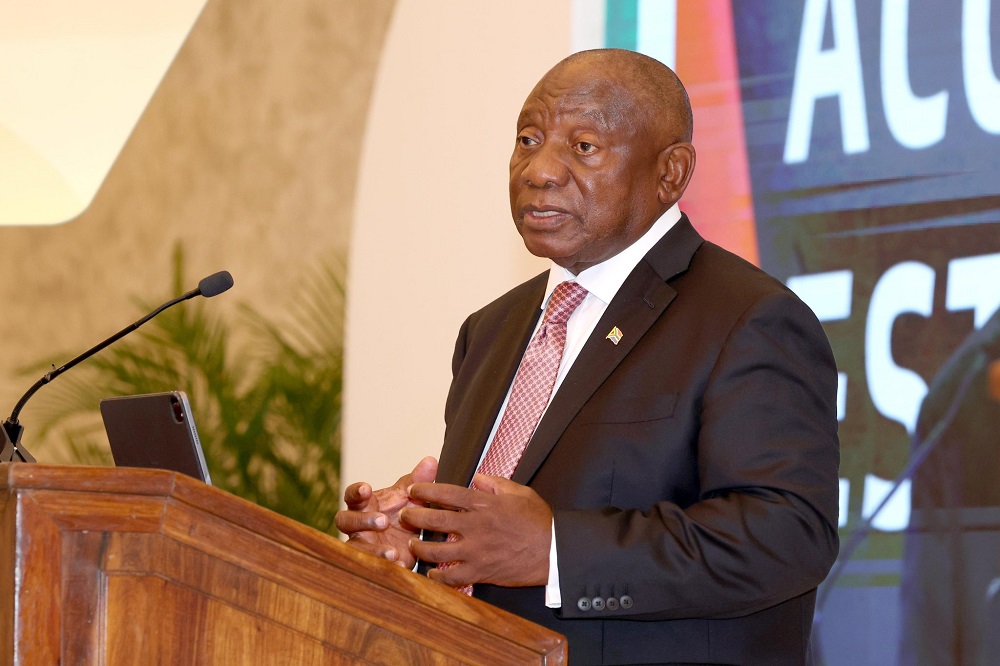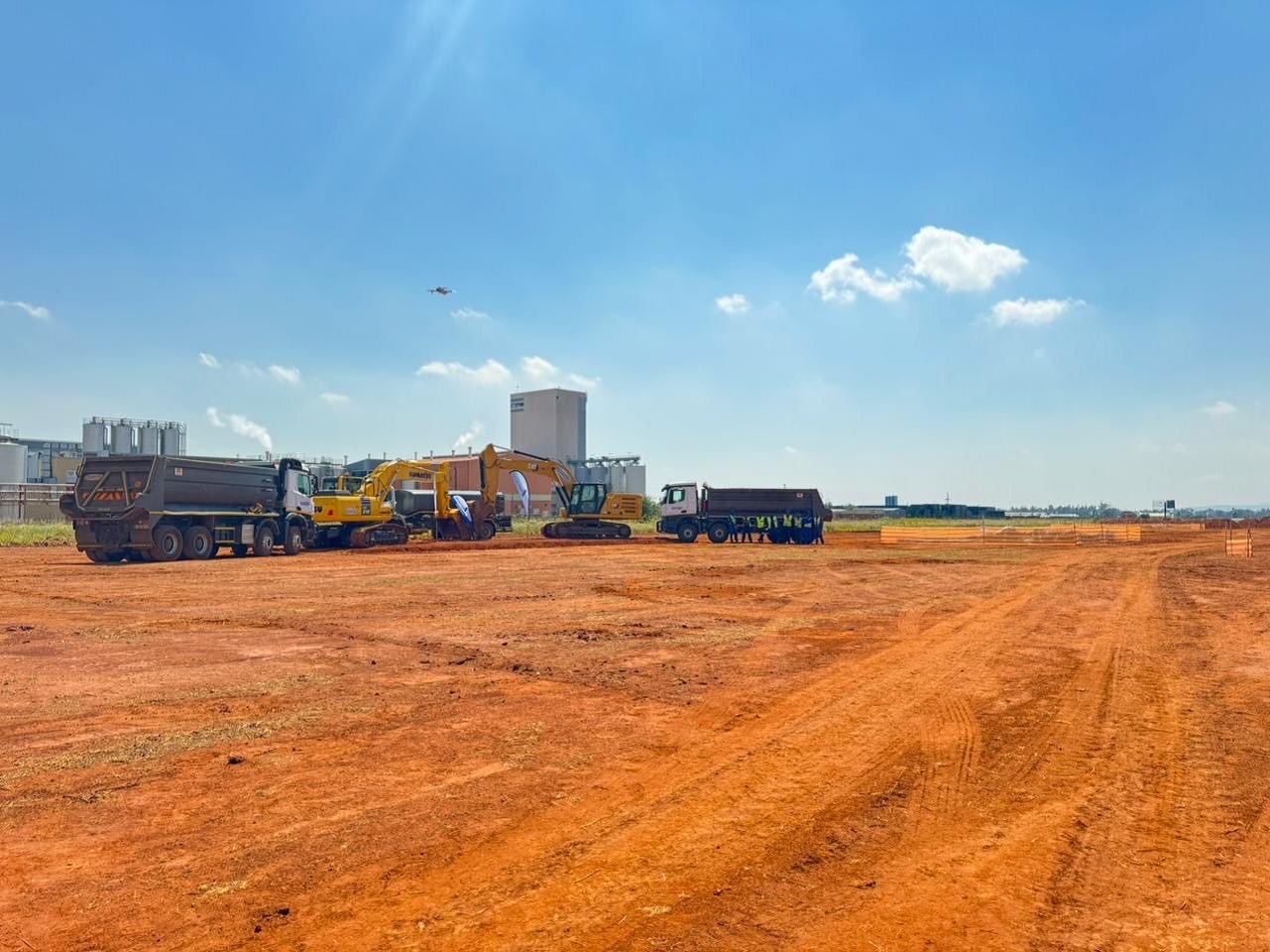The Gauteng Provincial Government is set to launch the Local Government Turnaround Barometer Dashboard this month to monitor municipal performance and improve service delivery across the province.
The Barometer will track key issues, including water and electricity challenges, financial compliance, and wasteful expenditure. It was introduced following the province’s Local Government Turnaround Summit, which aimed to address municipal inefficiencies.
Gauteng MEC for Cooperative Governance and Traditional Affairs (COGTA), Jacob Mamabolo, said the digital platform would offer a comprehensive view of municipal performance.
“To say to the people of the province, here is a barometer, a platform where we will have a single view of the total performance of all our municipalities. Currently, our key performance indicators are monitored manually, which is outdated and not aligned with modern systems,” Mamabolo said.
The Barometer will use key performance indicators (KPIs) such as basic service delivery, local economic development, and water monitoring to ensure accountability and transparency.
Gauteng MEC for e-Government, Bonginkosi Dlamini, emphasized the role of digitization in the initiative.
“The mandate of the department is to digitise all government services. This unveiling is a result of the local government turnaround strategy. We needed a tool to monitor municipal performance via KPIs, and our role is to ensure this digitisation happens across departments,” Dlamini stated.
Turnaround Barometer Dashboard to monitor Gauteng service delivery to be launched
Service delivery war room
Mayors across the province have welcomed the initiative. Tshwane Mayor Dr. Nasiphi Moya highlights the city’s service delivery war room, which focuses on addressing regional service issues despite financial challenges.
“The service delivery war room is centred around the day-to-day service delivery where we have on the city, seven regions so we’ve got a department that’s responsible for that and centralise it in seven regions luckily for us, for now, we are convinced ourselves in the targets we have set for ourselves for the first 100 days, our aim is to normalise service delivery while we have limited resources, I mean our financial problems are well known, but as the city of this size, we cannot prioritise the services,” Moya says.
Infrastructure development
Johannesburg Mayor Dada Morero outlines infrastructure development as a priority, especially with the city set to co-host the G20 and Urban-20 events with Tshwane later this year.
“Well infrastructure, remains core to what we want to do to make sure that we host a successful G20 and not only G20 but U20 we’ll be hosting just around, a 100 mayors, coming to Johannesburg and the City of Tshwane we’ve been appointed to co-host the event, the technical one happening in June, and of course the mayors in November alongside the G20 so we’ll be focusing on ensuring that there’s proper infrastructure, ensure that the roads are proper, there’s cleanliness in Johannesburg,” Morero states.
Unemployment
Mogale City Mayor Lucky Sele emphasizes reducing unemployment and improving service turnaround times.
“I’m looking into having an engagement with investors in the city because our city is at a 53% unemployment rate, to improve the living conditions of the people of Mogale City, and lastly to improve the quality of services and the turnaround time. To respond to their challenges because this barometer guides us as to how we will deal with those challenges,” Sele says.
When asked on how to rate their administration’s performance Morero said, “I’ve been awarded the co-hosting of U20 alongside the mayor of Tshwane, we are focused in terms of two buildings that we’ve hijacked, effectively, no theory, no slogans we have effectively claimed the buildings and removed the illegal people.”
Moya rates her administration’s performance and reflected on her role since October 2024.
“We’ve done quite well for me, it’s one thing to rate yourself on the number of street lights that have been restored, our job is to inspire and provide the strategic directions to the teams and the teams do the work. The job of politicians is to be with society and the communities that have voted for us in our various political parties but who have made sure that there are 214 councillors in council.”
Sele, on his administration’s performance over the last two months, says “I’ll rate them, 9 out of ten because of the willingness and determination and the one percent is the resources that we do not have in place to respond to our current challenges.”
Once implemented internally, the Barometer Dashboard will eventually make municipal performance data publicly accessible, providing residents with insight into local governance accountability.





